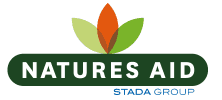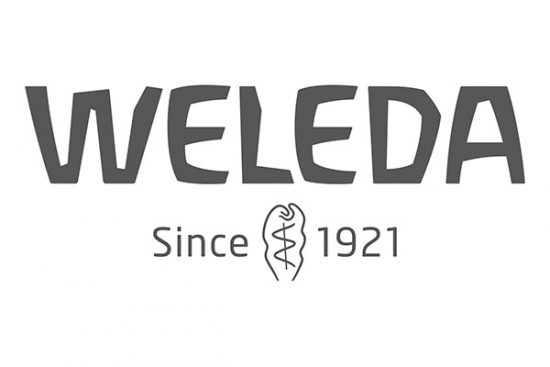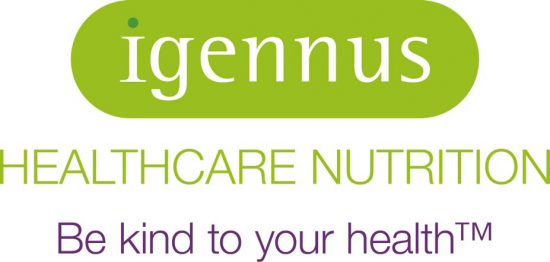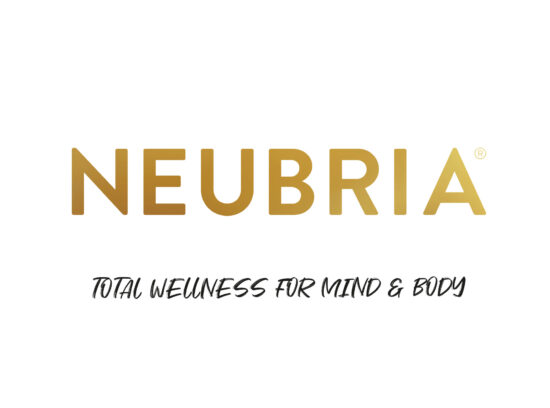For parents with young children summer will soon end as they start to prepare the kids for school. Parents are set to embrace the morning routine and the nightly homework along with other activities. But they are also embracing for the illnesses the kids will be bringing home, disrupting everyone’s routine whilst increasing worry for the child’s wellbeing.
The most common back to school illnesses are the Common Cold, Stomach Flu, Ear Infections, Sore Throats and Pink Eye. Most of the time these illnesses are nothing to worry about, according to various doctors. Children can get up to eight colds in a year as they are continuously exposed to new germs which help to strengthen their immune system.
Can parents prevent their child getting any of these illnesses?
Children, especially the young ones, will share food and toys, chew on each other’s pencils and who knows what else. This makes it easier for them to pick up the bugs.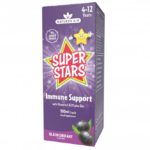
There are measures one can take to reduce the chances of their child getting sick and to avoid them spreading germs. Start by practising healthy habits at home.
It is important for adults and children alike to eat lots of fresh fruit and vegetables. Children who help in the kitchen are more likely to try different food. Sliced fruit and vegetables go down a treat with dipping sauces that can be anything from tomato ketchup to peanut butter or honey. Teach them hygiene in the kitchen – from washing hands to not touching your face – and to wash their hands again if they decide to touch their nose!
Hand-washing is important not just in the kitchen. By frequently washing their hands they avoid the spreading of germs. Teach them also to sneeze and cough onto their elbow.
Most parents are now choosing to boost their child’s immune system with supplements. Supplements help by ensuring that your child is getting all the nutrients needed to stay healthy, and if they do get sick, their body is better equipped to fight the germs.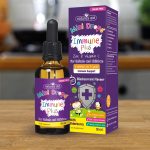
Natures Aid have a wide range of supplements for kids starting from newborn till the age 12. Mini Drops can easily be added to food or drink for kids up to the age of three. Whilst for older kids the Super Stars range is made up of chewable tablets and syrups. Both Mini Drops and Super Stars are available from most pharmacies and health shops.
You can see the full range Here.

